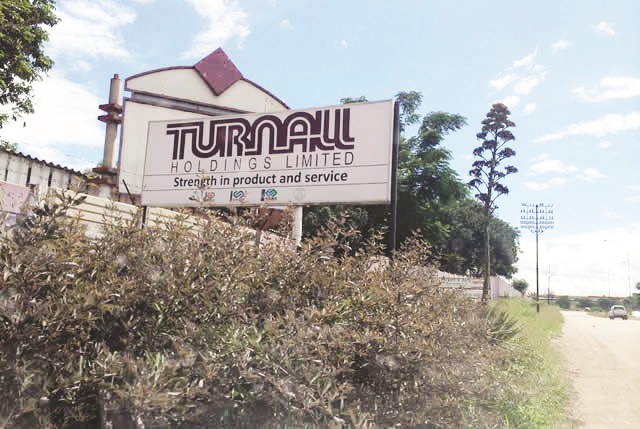A 45 percent surge in trade volumes by the building materials manufacturer, Turnall Holdings Limited, has spurred the group into profitability; the latest trade update has shown.
This is despite the Zimbabwe Stock Exchange-listed concern operating in an environment characterised by foreign currency shortages upsetting the timely importation of raw materials and spares.
In a trading update for the first quarter of 2020 ended March 31, Turnall Holdings Limited board chairperson, Rita Likukuma, said while the group reported a loss during the month of April when the company was closed due to COVID-19, it traded profitably in the first quarter.
“The group experienced increased demand for its products during the quarter,” said Likukuma.
“The group’s sales volumes for the quarter were 45% above the prior year comparative period.
The group’s export sales volumes were 4% of total turnover up from nil in the previous year.
The exports were mainly made up of non-asbestos roofing products which were reintroduced in the second quarter of the previous year.”
She said Turnall benefited from the availability of stocks during the period and a strong appetite for shelter which allowed construction projects to continue in a period when construction activity is normally subdued.
“Production volumes for the period were 17% above the prior year,” she explained.
“Production volumes increased by a lower percentage compared to sales volumes as the group closed the previous year with significant volumes of saleable stocks.”
She was however, quick to say COVID-19, which saw countries across the globe close borders, had impacted their business operations.
“While the company is allowed to trade under the partial lockdown regulations, the selling and distribution of our products have been curtailed by the restriction of movement and restrictions on purchasing non-essential products,” said Likukuma.
“The company resumed sales on the 26th April 2020 and both production plants resumed production two weeks later. Management expects production to be at normal levels by the end of May 2020.”
She added: “The group imports most of its raw materials and spares from Europe, which was severely affected by the pandemic. The impact on the group’s supply chain is minimal as the group had significant stocks that had been shipped when the lockdowns started. If the lockdowns in Europe are eased soon, the impact on the supply chain would not be significant.”
Likukuma said management forecasted to report a positive financial performance for the second quarter and half year under the current trading conditions, adding their balance sheet was solvent.

